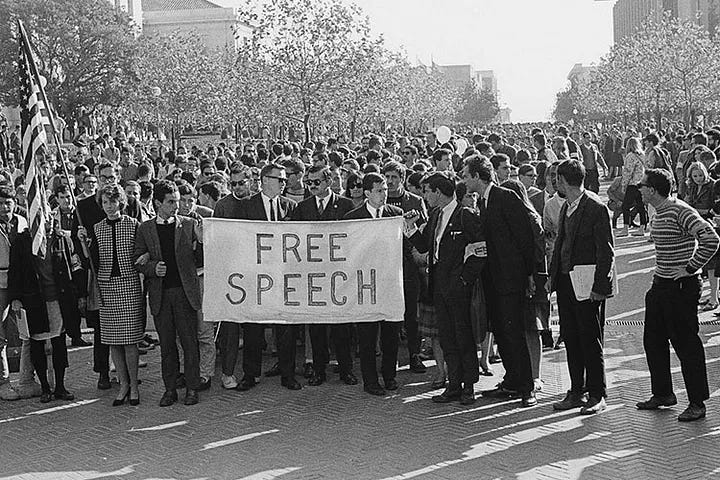Do Private Firms and Corporations Have a Right to Shut Down Free Speech?
This post is an excerpt from my manuscript, Free Speech Under Siege: Signs of Decay and Prospects for Renewal.
It is obvious to many Western citizens that the law should afford substantial leeway to citizens to express their opinions in public. Both the laws of many States and international human rights conventions acknowledge, in one form or another, a universal right to freedom of speech. Nevertheless, it is less obvious to many of us how the value of free speech should be honoured in private institutions like privately owned schools, debating clubs, private universities, and social media corporations. For example, was it acceptable for Facebook to censor scientific debate about the origins of the coronavirus? Is it acceptable for Google to demonetise accounts that openly criticise transgender ideology?
Traditional Free Market Approach to Free Speech Unsatisfactory
The traditional free market answer to this problem is to say that a private corporation or institution is legally free to impose whatever restrictions it sees fit upon free speech, and its members or clients may exit it if such restrictions are not to their liking. But this answer is profoundly dissatisfying, for at least two reasons: first, “private” corporations have an increasingly far-reaching, and sometimes almost monopolistic influence over the public culture and practices of modern societies - just consider how much influence Google/Youtube have over national and international debate. Second, even if private actors are legally entitled to restrict speech, this does not tell us what sorts of speech restrictions they ought to impose, from an ethical perspective.
Keep reading with a 7-day free trial
Subscribe to THE FREEDOM BLOG to keep reading this post and get 7 days of free access to the full post archives.




